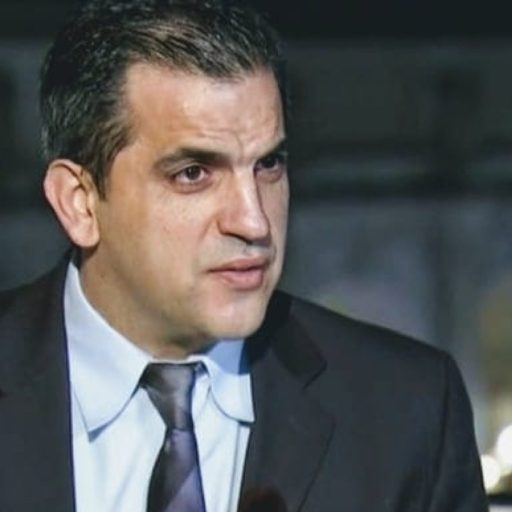Jordan’s counterterrorism strategy since 2014 has included joining the US-backed military campaign against the Islamic State (ISIS) inside Syria, while making overtures to an anti-ISIS Salafist movement at home. Recent developments, however, raised questions about how much longer this strategy can maintain the Hashemite kingdom’s relative stability. In this latest piece, I argue that Jordan may sooner or later go into an open confrontation with ISIS at home, testing its nascent rapprochement with the Salafists and further altering its security outlook.
Op-Ed
Op-Ed
The debate over Iran is far from over in Washington
The Iran deal is meant to be a key part of Obama’s foreign policy legacy. It is a gamble that has the potential to be a travesty. The legacy of the Iran deal largely rests on what the next US president will do and how the Iranians will react. The 2016 US presidential campaigns, which already are under way, and the apparent readiness of the pro-Israel lobby to continue the fight ensure that the debate over the Iran deal is far from over in Washington. My latest piece on U.S. politics and Iran’s nuclear deal.
Op-Ed
Palestine in Limbo

August has witnessed a surreal game of musical chairs played by the two major Palestinian rivals. Hamas was secretly participating in back-door diplomacy with Israel to break Gaza’s isolation and Fatah was sending a delegation to Tehran eager to reconnect with Iran. Alas, both sides were merely attempting to kill time. Like many other regional issues, Palestine is in waiting mode. Neither Israel nor Hamas is interested in war or peace, while Palestinian Authority (PA) President Mahmoud Abbas is mostly invested in political survival. Palestinian unity talks have recently failed: Fatah and Hamas were unable to use the moment of international disinterest in Palestinian-Israeli negotiations to patch up their differences. My latest piece on Palestine.
Op-Ed
Looking beyond Aden

As battle lines are drawn, the crisis in Yemen seems to have moved beyond the Gulf Cooperation Council (GCC) Initiative. The idea of federalism, under a loose central government, is gaining traction, suggesting that the north would go for the Houthis and the south for al-Hirak, while Hadramawt and beyond are already an autonomous region with al-Qaeda influence. With no end in sight of the war, what at stakes now is the unity of the country. A possible way out of this scenario is an internationally backed third-party mediator, working parallel to UN efforts. My latest piece on Yemen.
